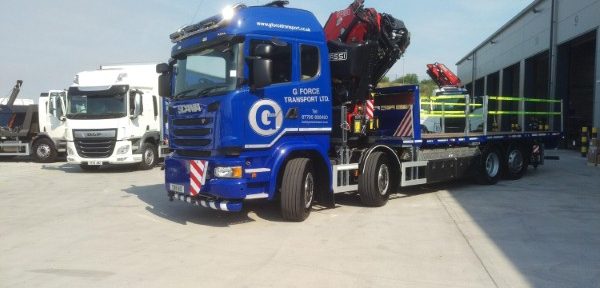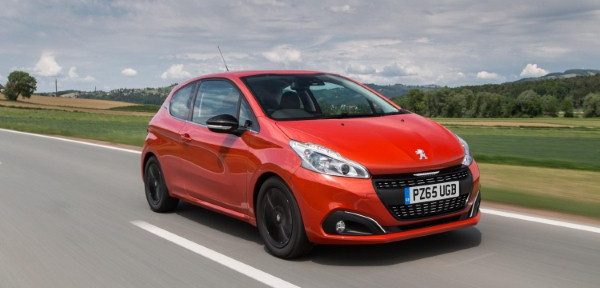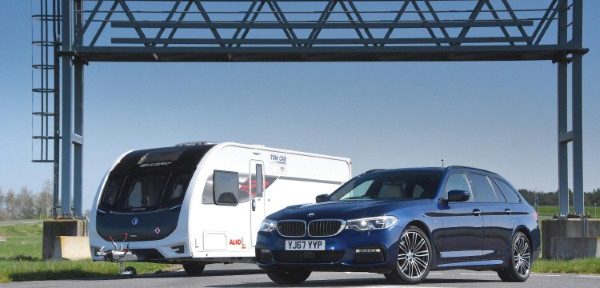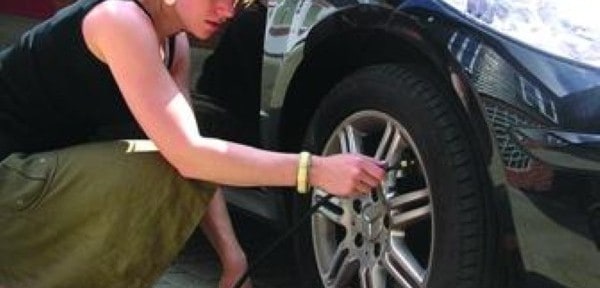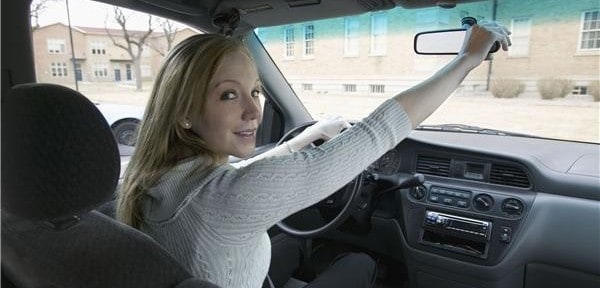A crane hire firm has reached new heights, thanks to a long-running relationship with Fuel Card Services.
Kent-based G Force Transport wasted no time in teaming up with Fuel Card Services, starting its contract in June 2013, a year after setting up shop.
That same contract is still ongoing, standing testament to the exceptional service and value delivered by Fuel Card Services.
“We have never felt the need to change supplier,” explained company secretary Frances Gumplowicz. “We receive regular calls from our account manager Jack Naylor and fuel prices are regularly reviewed.
“Jack has been particularly helpful with the account management and provides excellent communication and assistance.”
Frances now sees Jack as “one of the G Force team”, such is his involvement and usefulness to everyday operations.
G Force Transport’s fleet may only consist of four HGVs, but they still manage to get through a fair amount of fuel, spending around £7,800 on diesel every month.
Weekly invoices and monthly statements help G Force Transport keep tabs on fuel usage and costs, and over five years, Frances reports there haven’t been any accounting errors.
“The system is very reliable and saves us administration time,” she added. “We would be happy to recommend Fuel Card Services.”
Ellie Baker, brand manager at Fuel Card Services, commented: “This customer is the first to have a 102ft loading crane on a flatbed Scania truck within the UK – it’s also called Grace. Exciting stuff.”

